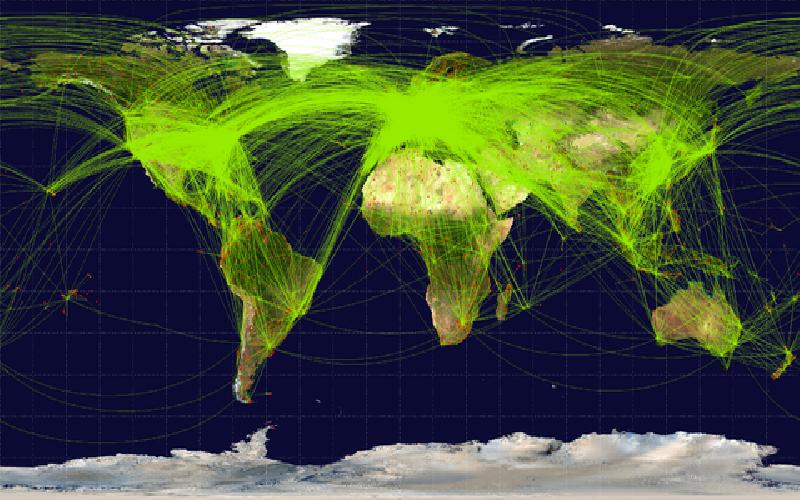What is the role of Governments in International Business Facilitation


Governments play an active role in the facilitation of international trade. They help to prevent financial crises and to attract foreign investment. Let us study further on how government helps in promoting international business.
Governments & Business
Governments and businesses are interdependent, and when it comes to international business, this interdependence has grown even further by the globalization of economy.
For any business, the policies of the local government can have deciding implications. The restrictions placed on business, the requirements of licensing and other permissions, regulations, formalities, taxes - all these have a direct impact on the ease of doing business. Every law that the government makes has a cost of compliance, the burden of which falls on the business enterprise, and if this cost becomes very high, it is likely to make business less profitable.
In the case of international business, more than one government can effect its viability. To begin with, the international business transactions usually face more taxes than those faced by domestic business. Apart from taxes, they also face quantitative restrictions like quota and licenses. However, the import-export policies are not the only way by which government policies impact international business.
International business involves mobility of capital, establishment of manufacturing and trading centers, and movement of technicians and managers across borders, and all of these can be either facilitated or obstructed by the actions of the governments on either side of the border.
Promotion of international business benefits all the countries across it which takes place. The countries from which goods are exported benefit by incoming foreign exchange and wealth, while creating employment for their workers. In countries which import those goods, the consumers benefit by getting better products at a lesser price, thereby creating a 'consumer surplus'. Because international business benefits all concerned, there is an onus these days on all governments to facilitate it, a task that is easier said than done. The main problem faced by governments is that even though the majority of people benefit by international business and trade, there is always a section of local business which stands to lose in the competition brought about by international business, and which leaves no stone unturned to oppose and thwart them. In the face of such opposition and lobbying, the role of governments in international business becomes even more critical.
There are many other aspects in which also governments play a very important role in facilitating international business. First of them is infrastructure. International transit of goods require ports with adequate capacity to handle high quantity cargo, as well as adequate roads or railway networks for transporting them to the markets, and by creating such infrastructure, the government can make business in their country an attractive prospect for international companies.
Second, the law and order, and rent seeking are two very important factors for businesses coming from outside the country. Today, few companies are likely to be tempted towards a country where safety of property is doubtful, and not every company would be ready to live with graft and illegal rent seeking. Governments can make a big difference by taking care of these factors.
Third, international business if full of various risks, and governments can play a great role in minimizing those risks. A clear and consistent policy towards foreign investment and international trade can, by itself, be a significant contribution because unpredictability of government policies is one of biggest source of these risks. Managing currency, inflation and foreign exchange rate is another important way of reducing these risks. Ensuring property rights and contract enforcement is also one of the ways in which business risks can be minimized.
Businesses are run on the basis of market forces, but that does not undermine the necessity of their facilitation by the governments. Market and government, both complement each other in this regard.
Individual Voluntary Arrangement or IVA, was introduced by the Government with the idea of allowing the creditors to recover more money from the debtors than they could have recovered in case of bankruptcy. The debtors need to understand the differences between both IVA and bankruptcy in order to make their choice.
If you are an entrepreneur, it is important that you create your online presence by having accounts at various social media platforms. They not only let you promote your products or services but also connect you with your customers.
Youngsters get confused where to invest their money for increasing their wealth, so this article will help them to invest wisely, to protect their future..